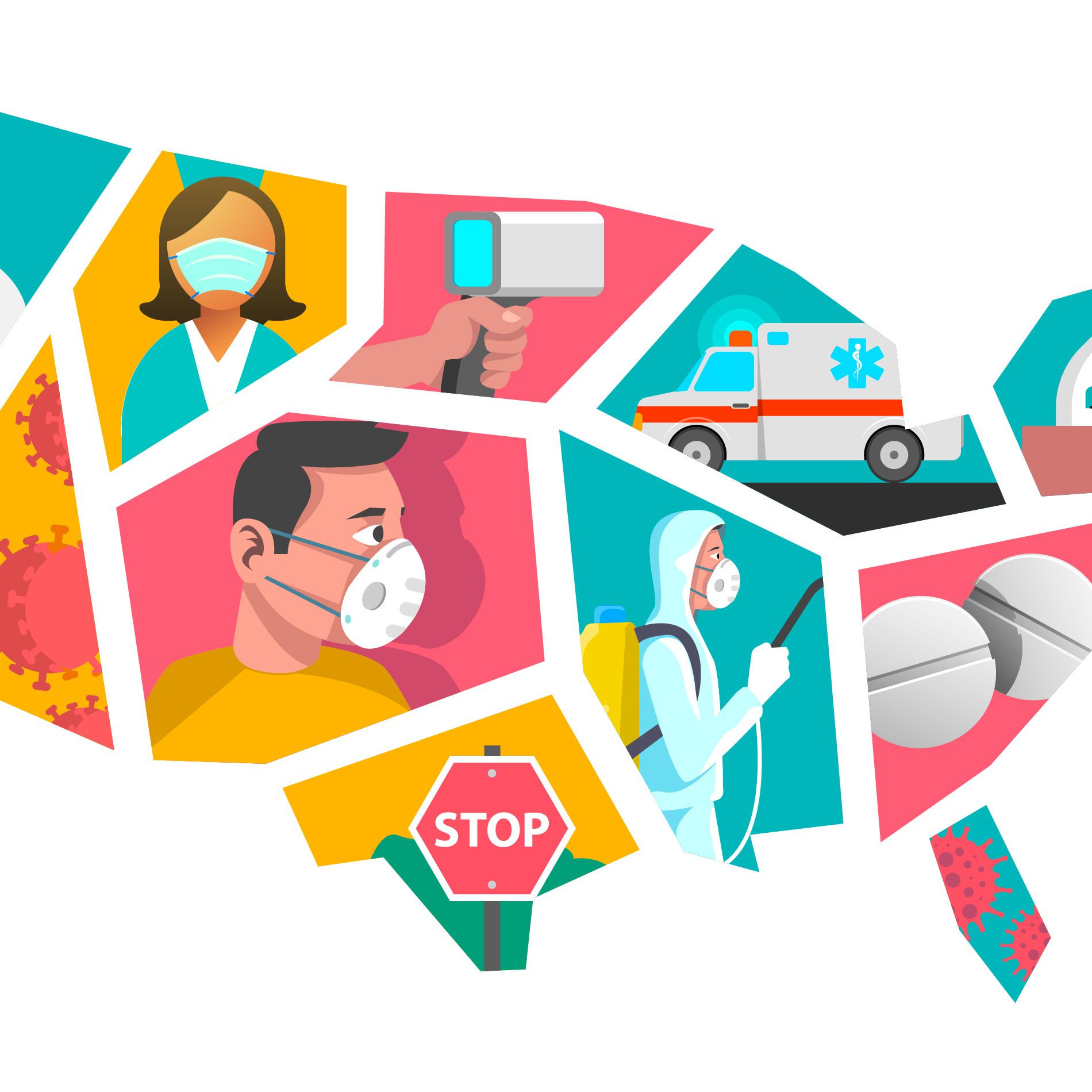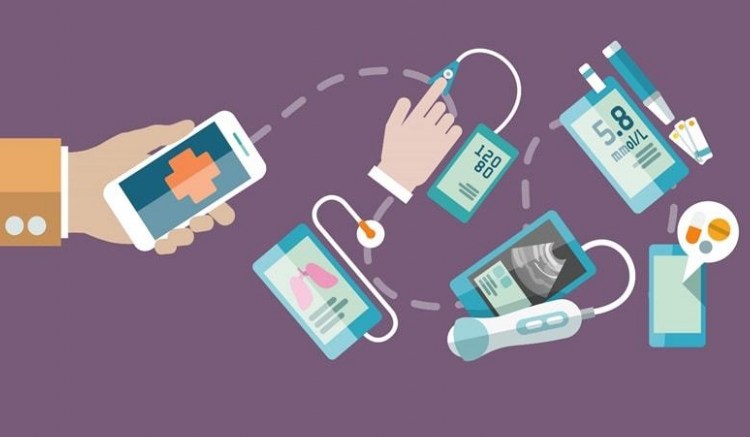Sign Up for Our
Updates
Automation in Healthcare: Setting the Scene
When the NHS discusses automation, it does so from the viewpoint of the staff member or the organisation. I don't think that I have yet seen it examined from a patient's standpoint. That's about to change! When talking about process automation, or RPA as it is generally referred to, I include business/back-office functions (such as Finance or HR) and clinical functions.
Most of the conversations in this area focus on productivity, process optimisation, and efficiency. That is a perfectly rational discussion as RPA does indeed provide benefits of this kind. However, I think there are additional, softer benefits worthy of debate. Some of these will be directly related to the patient, while others may indirectly affect patient outcomes.
Releasing Time to Care and Improving Patient Outcomes
Reducing staff's time to do administrative tasks will release them to spend more time caring for their patients and providing the services they most want to deliver. When staff have time to think, reflect, and spend time with patients, they are less likely to make mistakes. This translates to significant potential for patient safety improvement. But it doesn't stop there.
Many healthcare systems are highly proprietary. They have had to be persuaded with money and, in some cases, contractual force to make their APIs open and available to other system providers. This is still a problem in the fields of health and care, and it stifles both innovation and the potential to improve patient safety. Why the patient safety issue?
Because if you cannot join the fragmented systems together, each of which holds another portion of patient information, the clinicians treating those patients potentially base their decisions on incomplete information.
Yes, we have data warehouses, data lakes, HIEs, and a myriad of other methods to bring data together. However, the underlying issues around interoperability are still to be solved appropriately. Now, I am not saying that RPA is a panacea that will solve this problem; far from it.
However, process automation gives us some ability to circumvent closed systems and bring data and workflows together. In turn, this can improve how back-office services are operationalised and, crucially, how care is delivered to patients.
So why isn't the whole of the NHS doing this already?
Cost. Many RPA platforms expect the user to pay a hefty licence fee upfront before any process is automated. Both content and process experts are required to implement the automation solution.
Clearly, this is a barrier to entry. Although, the NHS has set up some teams who help other colleagues do this where it is most required.
It is odd to look at cloud services and SaaS – both consumption-based pricing models – and see that RPA is priced in a very different and much more traditional way. Alphalake Ai is on a mission to bring RPA to everyone in health and care who could benefit from it. To use a current buzz phrase, 'democratising RPA'.
How to make RPA safer for patients
In this context, patient safety means determining whether the automation that is to be developed might impact patients directly or indirectly. If so, it means co-designing and co-producing the solutions with them. Where relevant, patients should be actively involved in user acceptance testing, and we should never forget that poor human factors can quickly tip a safe process into an unsafe outcome.
Where an RPA task will generate information for a clinician to use, the way that it is presented is critically important. The user interface can significantly impact the ultimate safety of the patients being cared for, so in my view, all RPA activity should have a human-centred design expert involved.



%20(1)%20(1).png)
